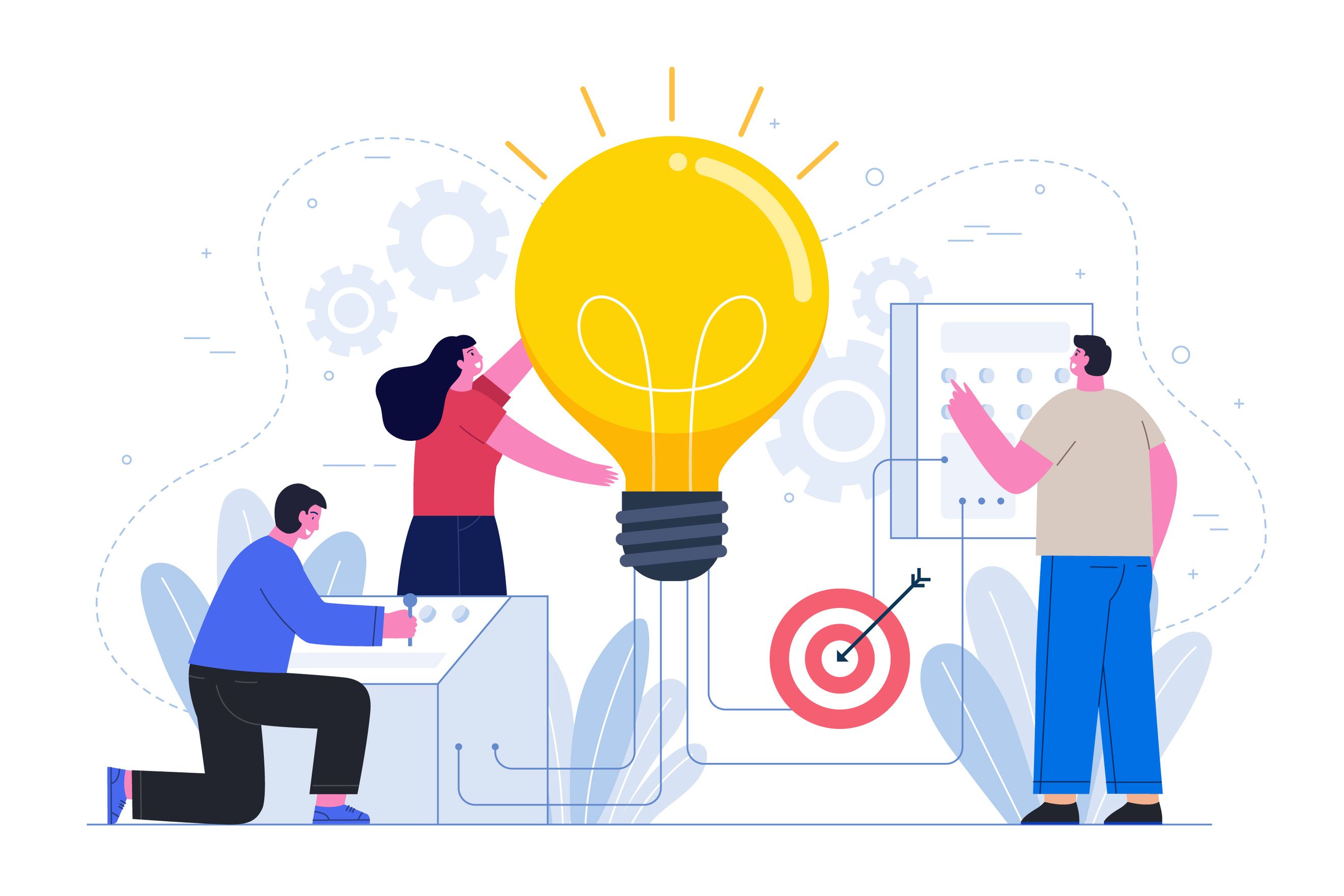
Lessons I've learned after failed job interviews
Almost every developer experienced rejection for the job he/she wanted. Sometimes it hurts hard. But sometimes it is even harder to analyze what went wrong.
When an interview doesn't unfold as planned, it's natural to feel uncertain about how that happened.
However, instead of complete loss, a failed interview is a way to learn both about the interview process and yourself, whether it's related to the behavioral or technical aspects.
Here I point out some of the most common and useful lessons to be learned, that can prove invaluable in your future job search.
Be yourself and authentic
Never try to fit into the company's ideal image, losing yourself. Most recruiters and employers have their own way to determine whether you authentically align with the job and if you are really interested.
Showing confidence is something that will certainly attract them, but to make them believe in you, you must first respect yourself. So, be you and trust yourself.
Typically, behavioral questions request instances from your background, and how you approached and overcame some challenges. Be aware that there is always a segment of your history worth sharing, capable of inspiring others.
Therefore, prepare as many anecdotes as you can, how you faced these difficulties, what were your chosen strategies, and how those experiences fostered your personal growth and professional advancement.
Certain questions, such as 'What is your most significant weakness', are there to unsettle you. But do not hesitate to answer and demonstrate your commitment to self-improvement.
Do your homework
It's crucial to conduct thorough research on the company you're seeking to join.
Arriving at an interview without delving into the company's business, values or goals is not the right approach. This lack of groundwork could be seen as a lack of proactivity and dedication, and this is part where a lot of people failed.
Always analyze the job description closely, identify what they are working on, projects they're involved in, and simply explain what captivates you.
Moreover, preparing for the role involves immersing yourself in the domain of software engineering relevant to your application. For instance, if you're applying for an iOS position, be ready to answer the questions on Swift and/or Objective C.
Practice and be prepared
Prior to the interview, most developers engage in substantial theoretical groundwork and then regret not dedicating more effort and integrating practical assignments into their preparation.
Ensure your readiness extends to the domains of data structures and algorithms. When a company poses technical programming queries, they typically aim to assess your adeptness at applying suitable data structures to manage program data effectively. The emphasis lies in your proficiency in implementing algorithms that can efficiently process input data and yield output results, while also factoring in the optimization of read/write operations.
Practice responding to questions within time constraints, maintaining a vigilant mindset while simultaneously brainstorming methods to enhance the algorithms. Make use of the Pomodoro method. As one developer said in his sharing of lessons from a failed interview, he was able to take his study of data structures and algorithms seriously after learning this technique and managed to go from answering 50 to 100 questions on Leetcode by staying alert and concentrated.
No need to rush
It's perfectly acceptable to take the necessary time to ponder your response, especially during technical interviews. Reading about job interview experiences you can find a lot of cases explaining how individuals managed to crack a problem after dedicating a full 5 minutes to contemplation. Although it might have felt like an eternity, the subsequent 30 minutes breezed by as they wrote the code.
Be ready to discuss the industry within the context of the role you're pursuing. Companies are interested in your soft skills too, your ability to communicate, collaborate, and cooperate with others. Your passion, enthusiasm, and self-driven motivation to not only fulfill job responsibilities are also something they observe. And for sure, as an integral part of their evaluation process, they measure candidates' desire to increase their technical knowledge.
Analyze what went wrong and make improvements
Avoid self-critique if an interview didn't go well. Instead, analyze all circumstances objectively. Write down what was good and where there was room for improvement.
Make a list of all the questions you were asked. Do one more time coding exercises provided and reevaluate your approach. Review your actions and consider improvements.
Analyze your nonverbal communications to check if you did your best to present yourself in the best light, conveying a coherent message.
Always ask more
Feel free to engage recruiters with your inquiries as an interviewee. As candidates, you'll be given the chance to seek clarifications into the company's workings. This presents an excellent occasion to acquire deeper insights into the company's core business, its underlying principles, and its long-term vision.
This action not only underscores your interest in the position and the company but also offers you an opportunity to steer the dialogue towards areas that could be beneficial for you.
On the other hand, not showing interest by asking questions could be seen as a lack of enthusiasm for the role.
Also, you can always ask about the team you'll be working with.
Sometimes, right after the interview, you might recall questions you wished to ask. In such instances, don't hesitate to include them in a follow-up email or phone call. This demonstration of your dedication and resilience is one more testament to your commitment.
Ask for the feedback
Never assume you know the reasons why you didn’t get the job. Instead, take the initiative to seek clarification.
Always ask for feedback from the interviewer. By heeding the interviewer's perspective, you might uncover aspects previously unconsidered.
Recruiters can offer indispensable insights and tips, outlining adaptations necessary to enhance your competitiveness to become a more competitive candidate for a certain position.
Importance of a good resume
Finally, to even get an opportunity to show up to the interview it is important to have a good resume.
Most people failed in writing resumes from the very start. Often, they concentrate on including elements they believe might be universally beneficial for showcasing their skills and experience. Yet, distinct job roles have a very specific set of requirements. While the attributes highlighted on your resume may hold value, it doesn't necessarily need to match the individual job requirements.
It's crucial to approach each job role meticulously and emphasize the skills and experiences that align with the specifications for that position. It will enhance the visibility of your resume, elevating its chances of catching the attention needed to secure an interview.
Final thoughts
Every experience holds value, so rather than be disappointed after failing a job interview, strive to extract lessons from such experience.
And be prepared. Effective preparation for both behavioral and technical interviews boosts your confidence and helps you articulate your experiences clearly. It shows your commitment to the role and the company, increasing your chances of success.
If previous lines teach you something new, help others to gain some new insights into job interviews. -


